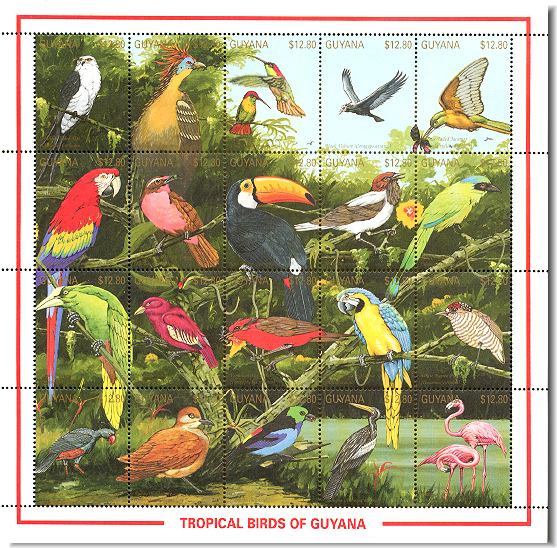Conservationists are alarmed by the increasing number of birds under threat due to the damage being done to the earth's ecosystems. The most recent assessment for the International Union for Conservation of Nature Red List for endangered birds revealed that no less than 1,300 species are threatened with extinction. It means that if nothing is done, more than 1,000 species could disappear; disturbing and damaging the natural environment.
In our report State of the world's birds, we focus on the current state of the world's most threatened birds, the factors causing their decline and the priority conservation actions needed to save them. Every element, plant, animal and microorganism plays a vital role in the functioning of the ecosystem. Therefore, the extinction of a thousand bird species would endanger the sensitive ecological balances that underpin our life on earth. They are critically endangered, when the species are facing an extremely high risk of extinction in the wild; endangered and vulnerable whereby they are facing a very high or high risk of extinction in the wild; and near threatened when they are likely to qualify for a threatened category in the near future. To evaluate the risk of extinction for one individual species, several factors play a role such as the number of remaining habitats, the pace of decline and the overall number of individual birds.
Some 66 threatened and near threatened bird species occur in Europe and Central Asia, among which are six critically endangered species. They are the Balearic Shearwater (Puffinus mauretanicus), Sociable Lapwing (Vanellus gregarius), Slender-billed Curlew (Numenius tenuirostris), Northern Bald Ibis (Geronticus eremita), Siberian Crane (Leucogeranus leucogeranus), and the White-rumped Vulture (Gyps bengalensis). In these regions, the main threats birds are facing include habitat loss, habitat degradation due to intensive farming practices and the use of poison.
Author: Willem Van Den Bossche, nature conservation officer at BirdLife Europe
Read more: http://www.publicserviceeurope.com/article/3644/more-than-1000-birds-co…

- Log in to post comments
